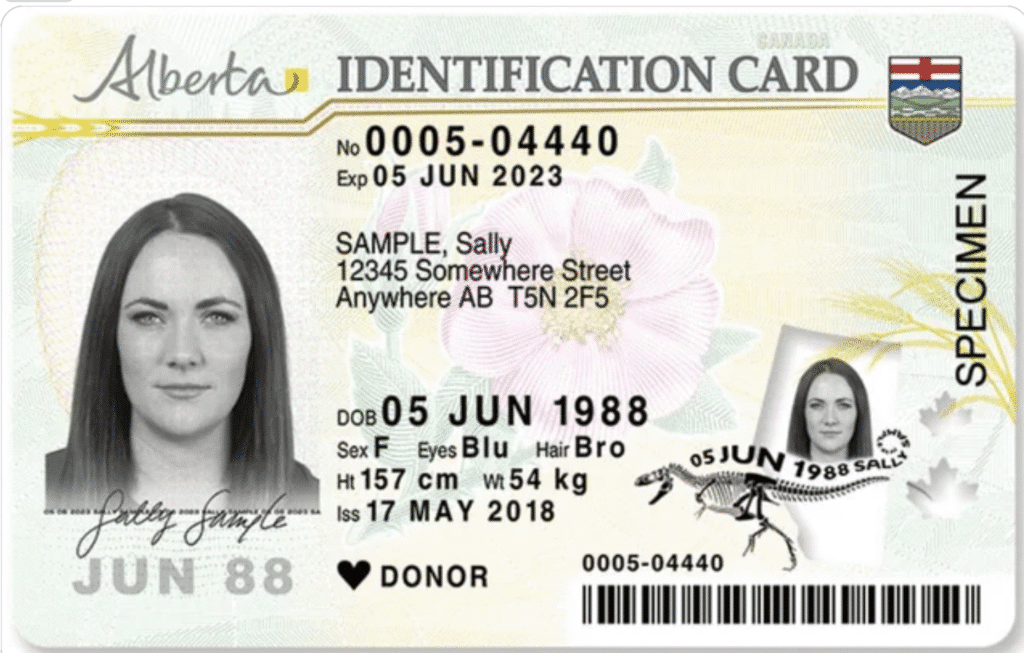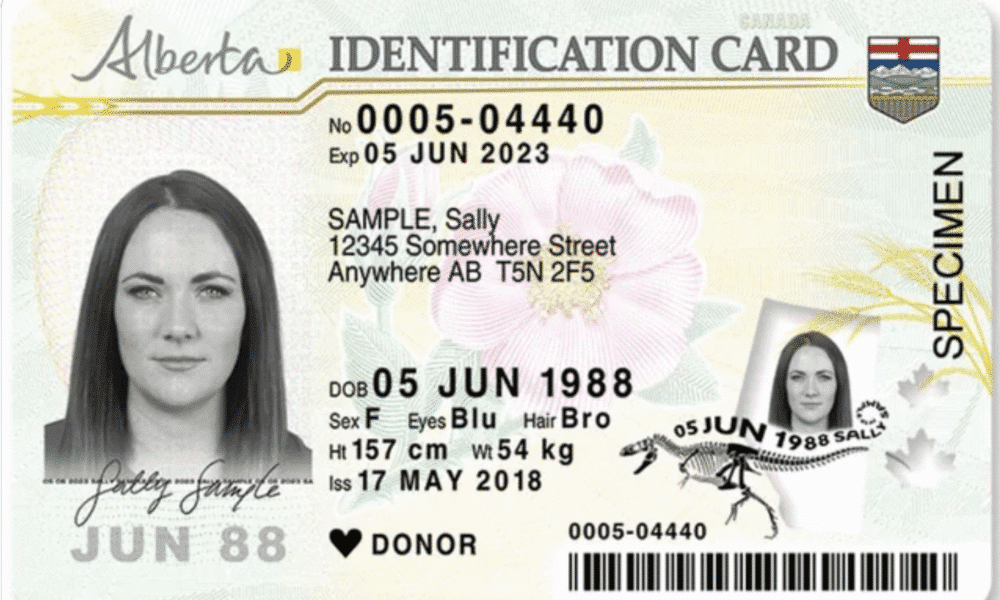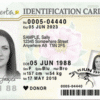News
Alberta Becomes First Province to Mandate Citizenship Markers on Driver’s Licences
Alberta is set to become the first Canadian province to introduce mandatory citizenship markers on driver’s licences and identification cards. Premier Danielle Smith announced Monday that the rollout will begin in late 2026, alongside the inclusion of health card numbers on provincial IDs.
Danielle Smith framed the move as one designed to improve convenience and security: “This change means that when Albertans need to prove both their identity and their citizenship, they’ll be able to do so with a single document,” Smith said.
According to the government, the reform will streamline applications for services such as student aid, health benefits, and disability supports, while also helping safeguard elections against fraud or foreign interference.
NEW: Alberta will be the first province to add a Canadian citizenship marker to driver’s licences and ID cards, strengthening Alberta’s election system and protecting the integrity of our democratic process by ensuring that only eligible citizens cast ballots.
This change will… pic.twitter.com/Ottia0uBXJ
— Danielle Smith (@ABDanielleSmith) September 15, 2025
How the Citizenship Marker Will Work
The updated cards will display a “CAN” code for Canadian citizens, while permanent residents and non-citizens will have no marker at all. To obtain or renew a licence, Albertans will need to provide proof of citizenship or immigration status.
Service Alberta Minister Dale Nally emphasized that the ‘CAN’ code initiative is also tied to healthcare reform. Alberta currently has over 530,000 more healthcare workers than people living in the province, a discrepancy the government attributes to outdated systems. Integrating health card numbers into licences is intended to eliminate duplication and fraud. “There won’t be half a million fake ones, which opens the door for abuses,” Nally said.

Canada’s Alberta to become first province with citizenship markers
Pushback From the Opposition
The Alberta NDP has strongly criticized the policy, calling it unnecessary and burdensome. Lizette Tejada, NDP shadow minister for immigration and multiculturalism, said the measure “creates bureaucracy and red tape for everyone.”
She argued that other than voting, few government programs are exclusively reserved for Canadian citizens, making the reform a “headache” for those who must dig up old documents like birth certificates just to renew their driver’s licence.
Privacy and Discrimination Concerns
Civil liberties advocates have raised red flags about the implications of displaying citizenship on IDs. David Fraser, a Halifax-based privacy lawyer, called the move “unprecedented” and questioned whether provinces even have the jurisdiction to determine citizenship status.
Fraser warned that having citizenship information visible on a licence could open the door to discrimination in everyday situations like traffic stops or ID checks for age-restricted purchases. “The concern isn’t that it’s accessible to people who have a legal need to know. It’s that suddenly it’s accessible to anybody who asks for your ID,” Fraser explained.
A First in Canada — With Historical Precedent
While Alberta is the first to make citizenship markers mandatory, some provinces previously issued optional enhanced driver’s licences that indicated citizenship for cross-border travel to the U.S. Those programs, however, were eventually discontinued.
Smith insists the new reform is about modernization, promising that the complete redesign of Alberta’s licences will bring “security, convenience, and functionality” at no additional cost to Albertans.
Alberta’s plan to embed citizenship markers and healthcare data into driver’s licences is being hailed by the government as a step toward efficiency and security. But critics see it as a slippery slope toward bureaucracy and potential discrimination. As the 2026 rollout approaches, Albertans remain divided over whether this bold change strengthens democracy — or threatens civil liberties.
























































